Granite Ghost Town
A little-visited ghost town state park offers a glimpse into Montana’s "Silver Queen."
Once called Montana’s Silver Queen, the town of Granite was the state’s largest silver mining camp in the late 1800s. Founded in 1884 as a company town for Granite Mountain Mining Company, it grew to 3,000 residents at its peak.
The town’s workers created a diverse population, coming from England, Finland, Denmark, and even China to work the mines and provide services to the many hardworking residents eking out a living from the mineral riches in the mountains.
In its heyday, Granite’s mine produced almost $300,000 a year in silver—nearly $10 million in today’s money. At that time, the town was dotted with saloons and hotels, and also had a baseball field, a roller-skating rink, a hospital, and even a heart-pounding bobsled run that ran from Granite down the mountain to the town of Phillipsburg, four miles away.
The mines ultimately failed with the repeal of the Sherman Silver Purchase Act in 1893, which had required the government to purchase millions of ounces of silver each year. The price of silver fell by almost 25 percent in that year alone and continued to drop in the following years, contributing to a bank run and record unemployment numbers. Granite officially became a ghost town when its last remaining resident, Mae Werning, passed away in 1969. While the mine had ceased production decades before, she stayed on as its caretaker and as water commissioner for area ranchers. Her home is still standing on the main road.
Today, Granite consists of a few buildings lining the main street and the hulking structure that made up the mine. The Granite Ghost Town Walk trail visits these sites, along with the foundations of many of the other buildings. Signs along the way give some basic information but don’t provide a lot of context. The best-preserved building in town is the Miner’s Union Hall, which was built in 1890 at a cost of $23,000 and hosted many of the town’s dances, plays, and large meetings. Granite (like several other ghost towns around the state) is now designated as a state park for the purposes of education and preservation.
Know Before You Go
Cell service around Granite is spotty to nonexistent. The 5-mile road from Phillipsburg to Granite can be rough on a passenger car; take it slow, and don’t attempt the drive if the road is wet or muddy. Use caution when exploring the mine area. Only the mine shaft itself is officially fenced off, but climbing on any of the structures can be dangerous.











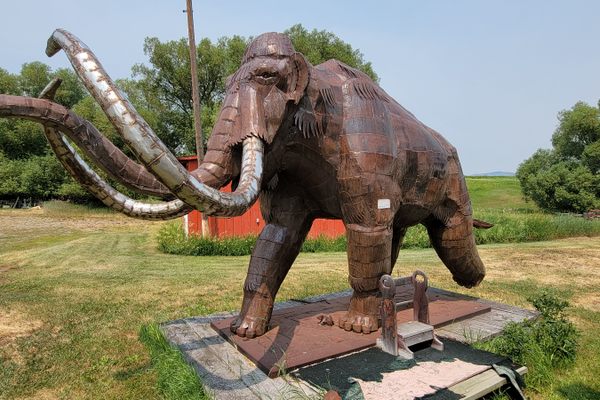
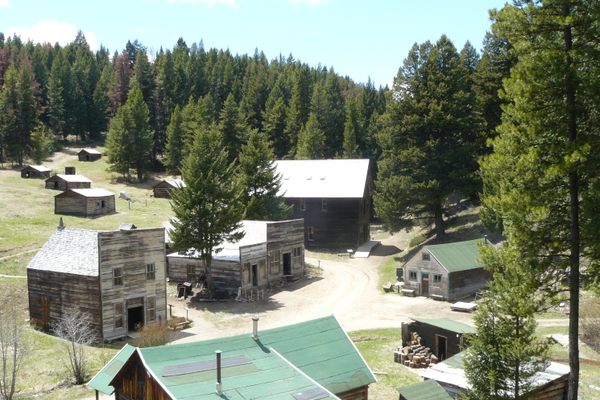

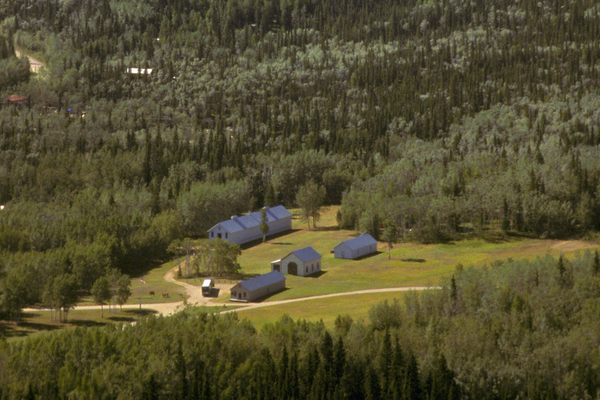
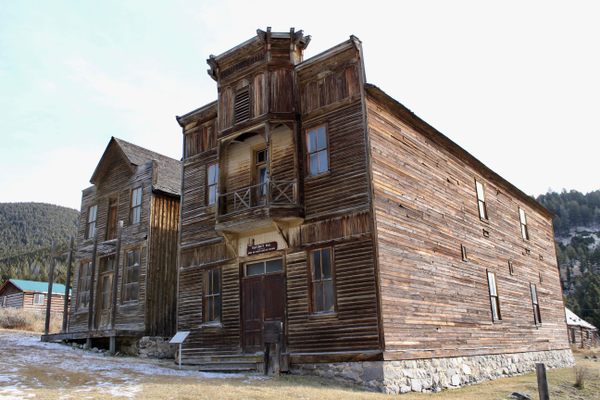
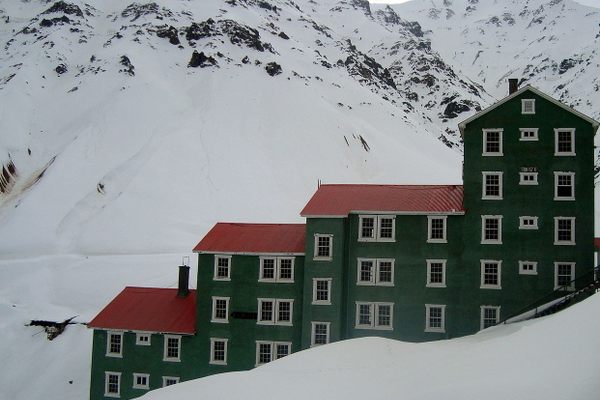

Follow us on Twitter to get the latest on the world's hidden wonders.
Like us on Facebook to get the latest on the world's hidden wonders.
Follow us on Twitter Like us on Facebook